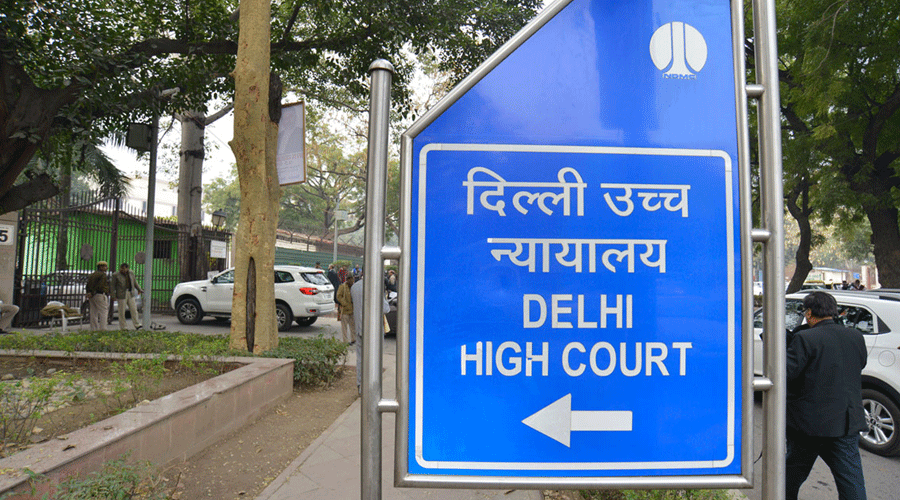Accused Of Falsely Representing Himself As "Shiva" Instead Of "Akhtar" & Marrying Hindu Girl, Delhi High Court Refuses To Quash FIR

The Delhi High Court refused to quash the FIR filed by the complainant, a Hindu girl. The accused had falsely represented himself to have the name "Shiva" instead of "Akhtar", developed a physical relationship with her and married her.
“Serious offenses like rape and forgery having a bearing on vital societal interest, and these offenses cannot be construed to be merely private or civil disputes but rather will have an effect on the society at large. In crimes which seriously endangers the well being of the society, it is not safe to leave the crime doer only because he and the victim have settled the dispute amicably”, Single Bench of Justice Subramonium Prasad noted.
In the present case, respondent No 2/ complainant became intimate and married the accused, who concealed his identity and portrayed himself as “Shiva” instead of “Akhtar.”
When the complainant got to know the accused’s real name, she lodged an FIR, which was registered under section 419, 467, 471, 474, 376,354,506 read with Section 34 Indian Penal Code,1860.
The accused and the complainant/respondent on 15.01.2021 entered into a compromise deed. They decided to lead their lives peacefully and filed a petition under section 482 of The Code of Criminal Procedure,1973 to quash the FIR registered against the accused.
The Court, while placing reliance on the Supreme Court judgment in Shiji & Ors v. Radhika & Anr (2011) 10 SCC 705 observed that the Supreme Court has time and again held that High Court has to keep in mind the subtle distinction between the power of compounding offenses given to the Court under Section 320 CrPC and the quashing of criminal proceedings and the jurisdiction conferred upon it under Section 482 CrPC. 10.
It further placed reliance on the Supreme Court’s judgment in Gian Singh v. the State of Punjab reported as (2012) 10 SCC 303 to observe that the High Court, while quashing offense or criminal proceedings on the ground of settlement between an offender and victim, should be guided by the material on record to check as to whether the ends of justice would justify such exercise of power.
The Bench, while disallowing the petition filed by the accused, also relied on Supreme Court’s judgment in Narinder Singh & Ors v. State of Punjab & Anr reported as (2014) 6 SCC 466 and State of Madhya Pradesh v. Laxmi Narayan & Ors reported as (2019) 5 SCC 688.
The Supreme Court has repeatedly stated that when parties reach a settlement and on that basis a petition is filed for quashing criminal proceedings, the guiding factor for the High Court before quashing the complaint in such cases would be to secure; a) ends of justice, b) to prevent abuse of process of any court, the Court noted.
Case Title: Akhtar v. Government Of Nct, Delhi And Another
Law Point/Statute Involved: Section 419, 467, 471, 474, 376,354,506 read with Section 34 Indian Penal Code,1860 and Section 482 of the Code of Criminal Procedure,1973.
